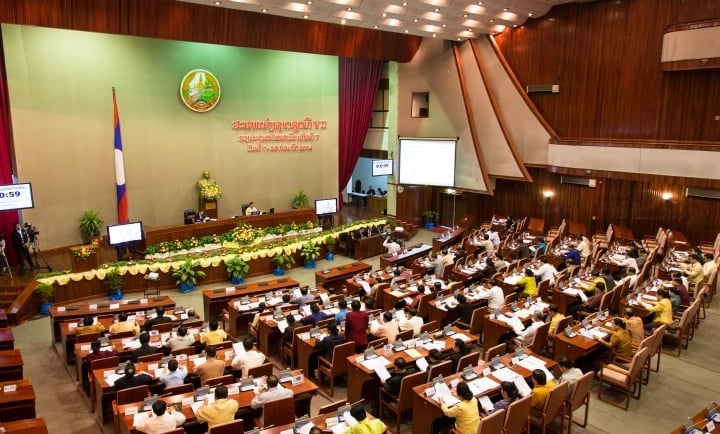Laos Enhances Investment Climate with Amended Law
12/18/2024


The Lao People's Democratic Republic (Lao PDR) has recently taken a significant step towards boosting foreign direct investment (FDI) by amending its Law on Investment Promotion. This revised legislation aims to create a more attractive and supportive environment for investors, offering a range of incentives across various sectors.
Key Highlights of the Amended Law:
Streamlined Investment Procedures: The new law introduces measures to simplify and expedite the investment approval process, reducing bureaucratic hurdles and ensuring greater transparency. This includes establishing a dedicated Investment Promotion and Management Committee, chaired by the Deputy Prime Minister, to oversee all investment projects.
Enhanced Investor Protection: The amended law strengthens safeguards for investors, providing greater legal certainty and minimizing risks. It outlines clear regulations regarding dispute resolution mechanisms and ensures the protection of intellectual property rights.
Targeted Incentives for Key Sectors: Recognizing the importance of specific industries for economic growth, the law offers tailored incentives for priority sectors such as:
Clean agriculture, crop products, plant variety improvement, industrial crop plantations, forest development, environmental protection, and biodiversity conservation.
Agricultural product processing, other environmentally friendly sectoral processing, animal feed production, natural and scientific fertilizer production, traditional crafts, "one-district-one-product" initiatives, and import substitution.
Hospitals, pharmaceutical and medical equipment production, and traditional medicine and herbal remedies production.
Education, sports, physical education, labor skill development, and production of sports and educational equipment.
Digital technology adoption, scientific research and development, environmentally friendly innovation, and efficient use of natural resources and energy.
Development of environmentally friendly and sustainable nature, culture, and history-based tourism.
Investment in, services for, and development of public good infrastructure such as roads, railways, water supply, wastewater treatment, and waste management.
Development of infrastructure to support investment in special and specific economic zones.
Logistics and transportation services, including cross-border warehousing, dry ports, transit services, country-link roads, and passenger and goods transportation by road, waterway, railway, and air.
Tax Incentives and Benefits: The amended law provides a range of tax benefits for eligible investors, including:
Corporate income tax reductions or exemptions for qualifying projects.
Import duty exemptions on machinery and equipment.
Value-added tax (VAT) exemptions on certain goods and services.
Land lease concessions and preferential access to government resources.
Implications for Foreign Investors:
The amended Law on Investment Promotion presents a significant opportunity for foreign investors seeking to tap into the growing Laotian market. The streamlined procedures, enhanced investor protection, and targeted incentives create a more favorable environment for businesses to operate and thrive.
Challenges and Considerations:
While the amended law offers a promising framework for attracting FDI, several challenges remain. These include:
Implementation: Effective implementation of the new law will be crucial to its success. Clear guidelines, transparent procedures, and efficient administration are essential to ensure that investors can easily access the benefits outlined in the legislation.
Infrastructure Development: Continued investment in infrastructure, such as transportation and logistics, is necessary to support the growth of foreign-invested businesses and facilitate the movement of goods and services.
Skills Development: The availability of a skilled workforce remains a critical factor for attracting and retaining foreign investment. Investing in education and vocational training programs will be essential to meet the demands of a modernizing economy.
Conclusion:
The Lao PDR's amended Law on Investment Promotion represents a significant step forward in the country's efforts to attract foreign investment and drive economic growth. By creating a more conducive environment for businesses, the government aims to unlock the country's economic potential and foster sustainable development. While challenges remain, the new law provides a strong foundation for attracting foreign investment and positioning Laos as an attractive destination for global businesses.
